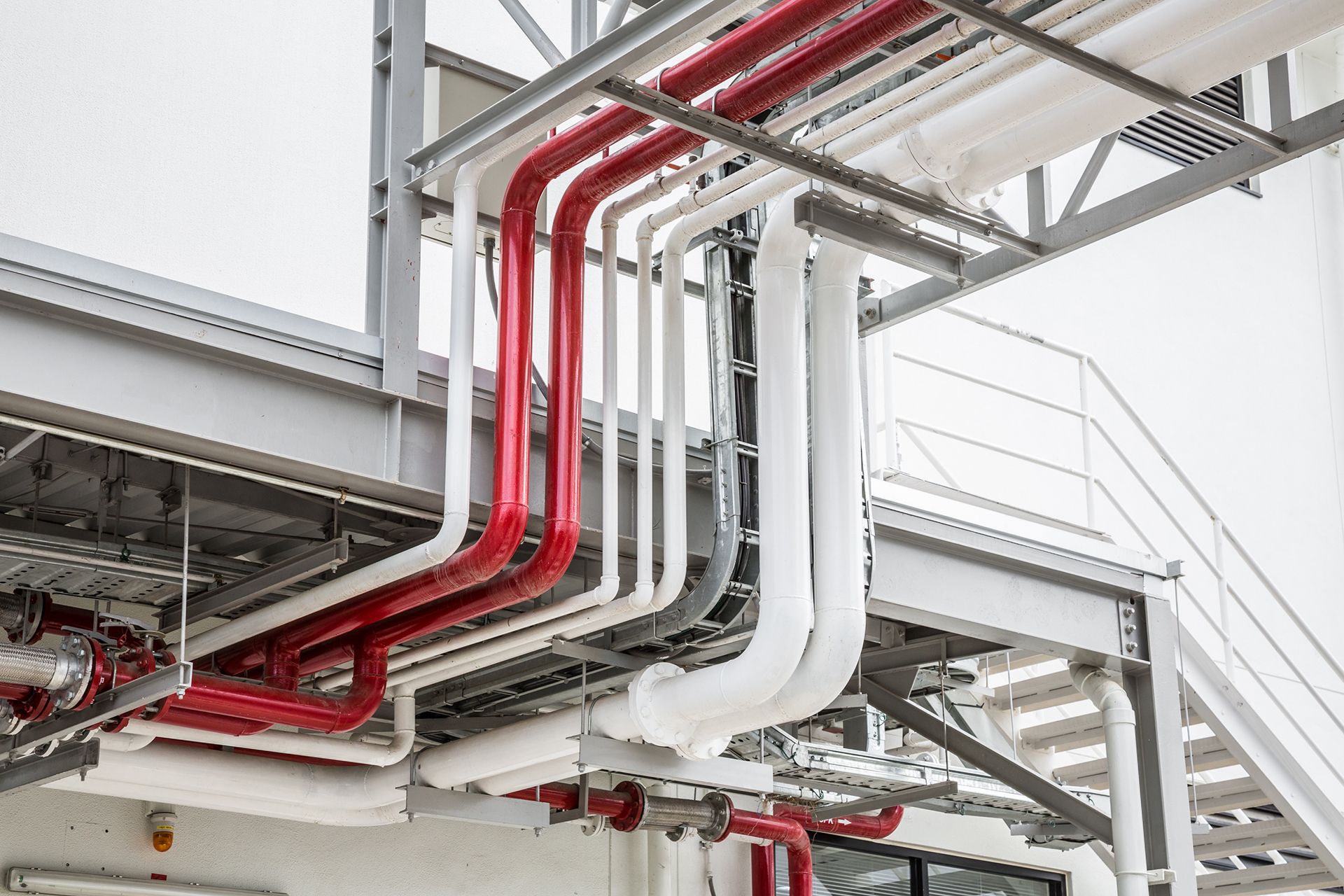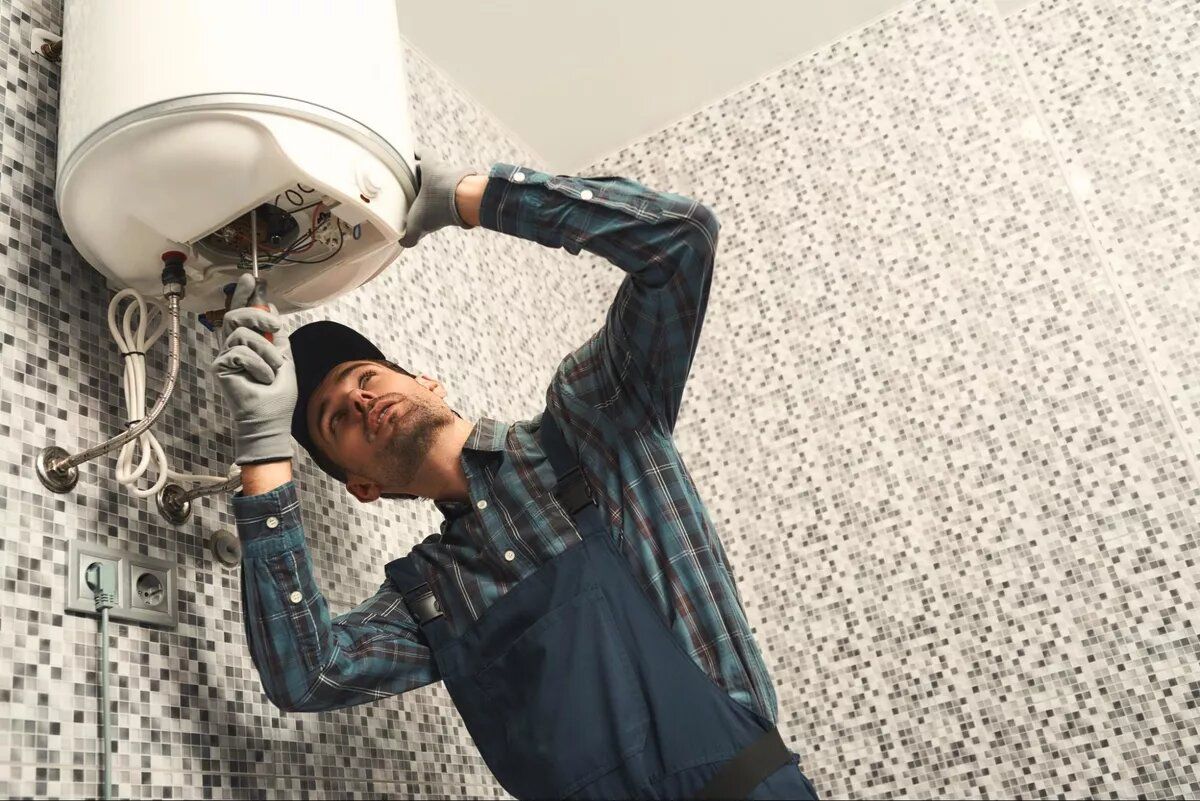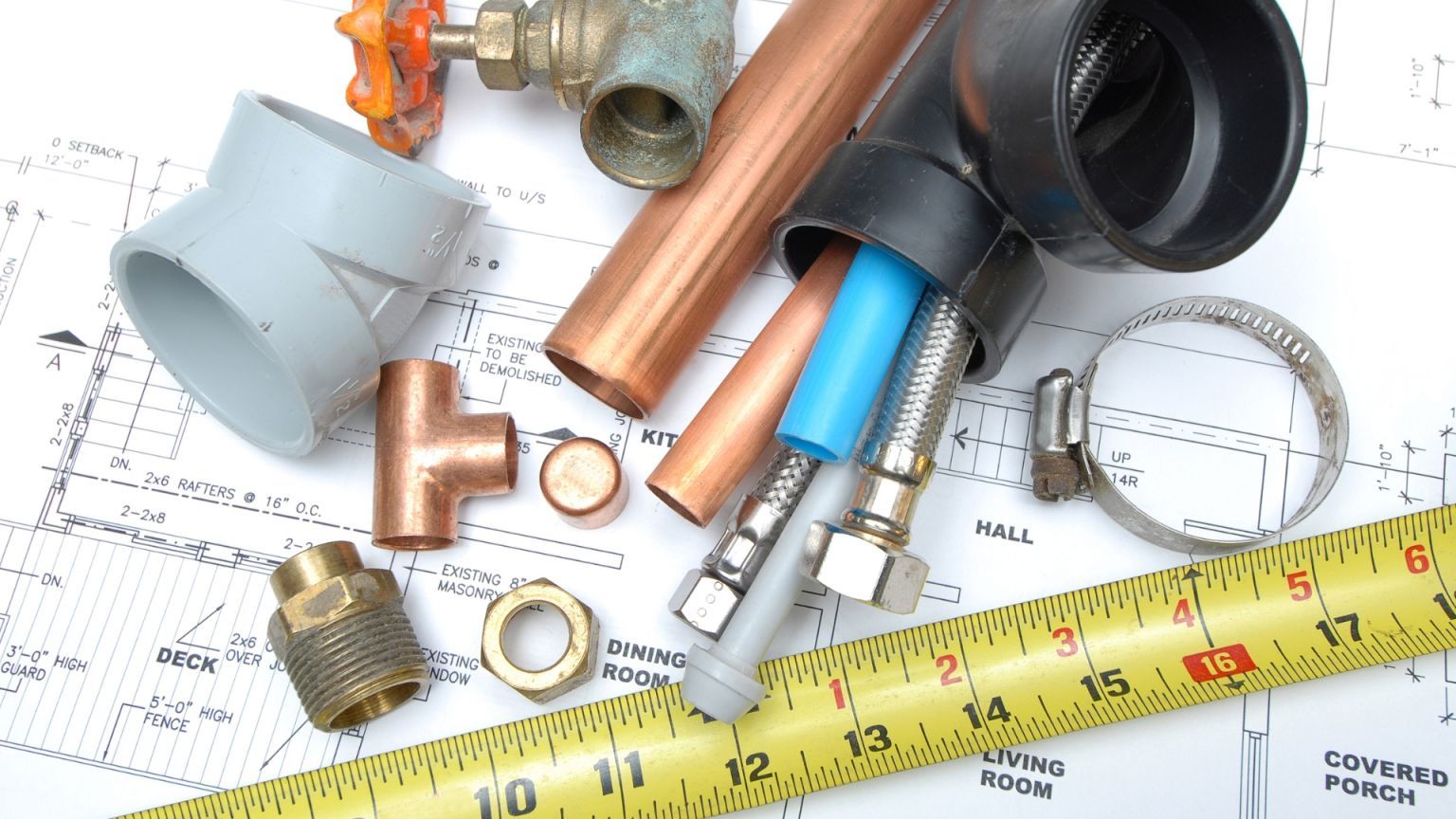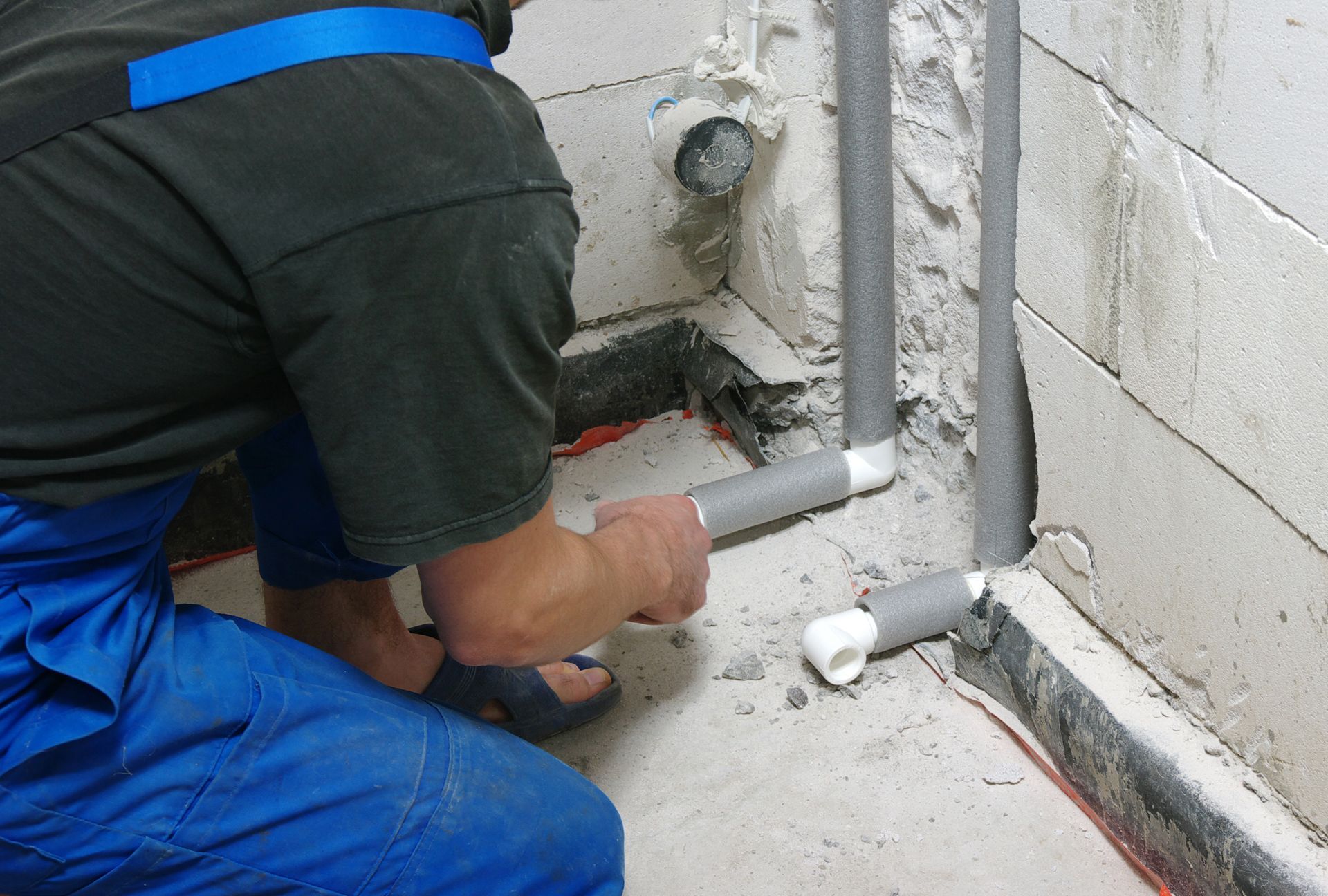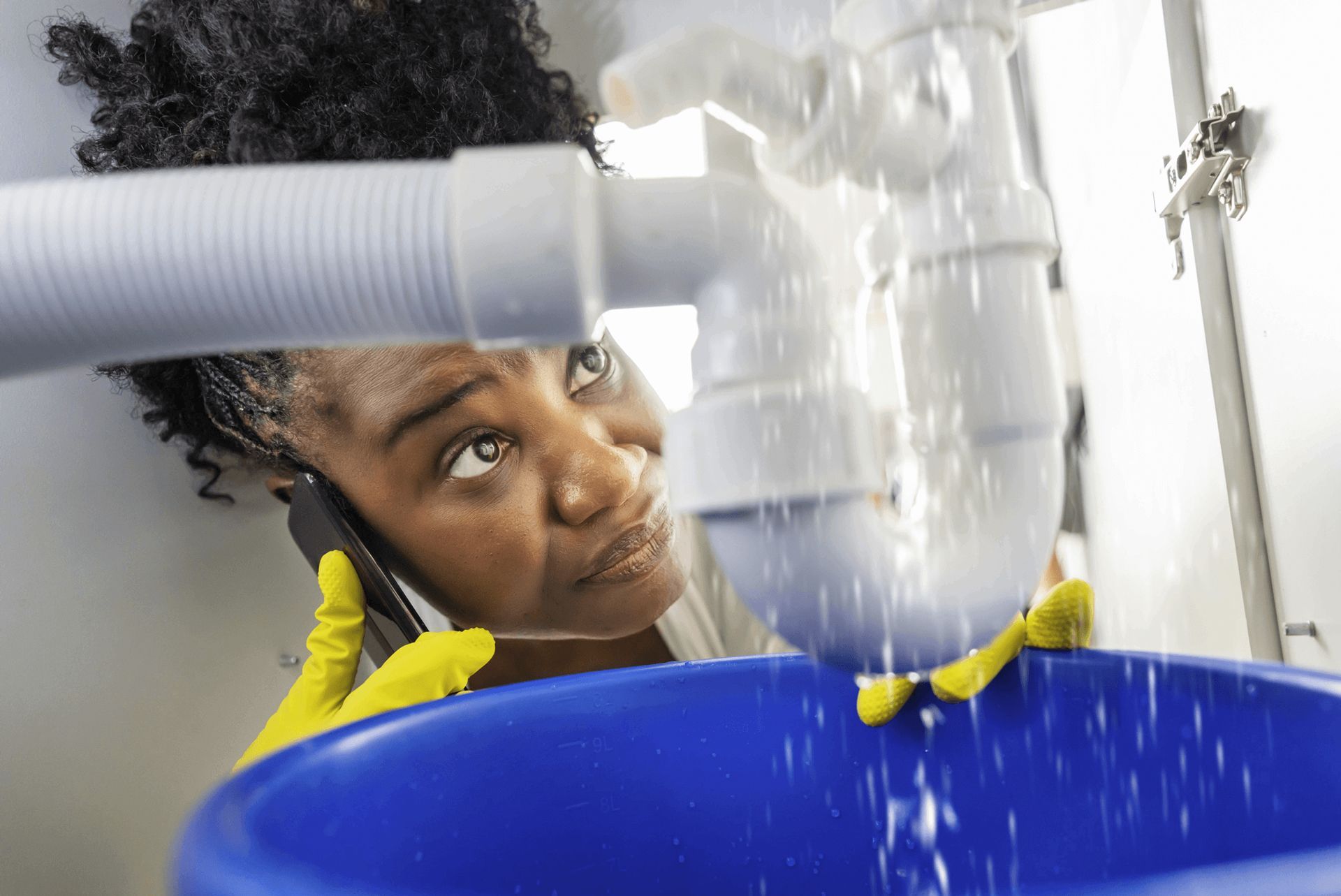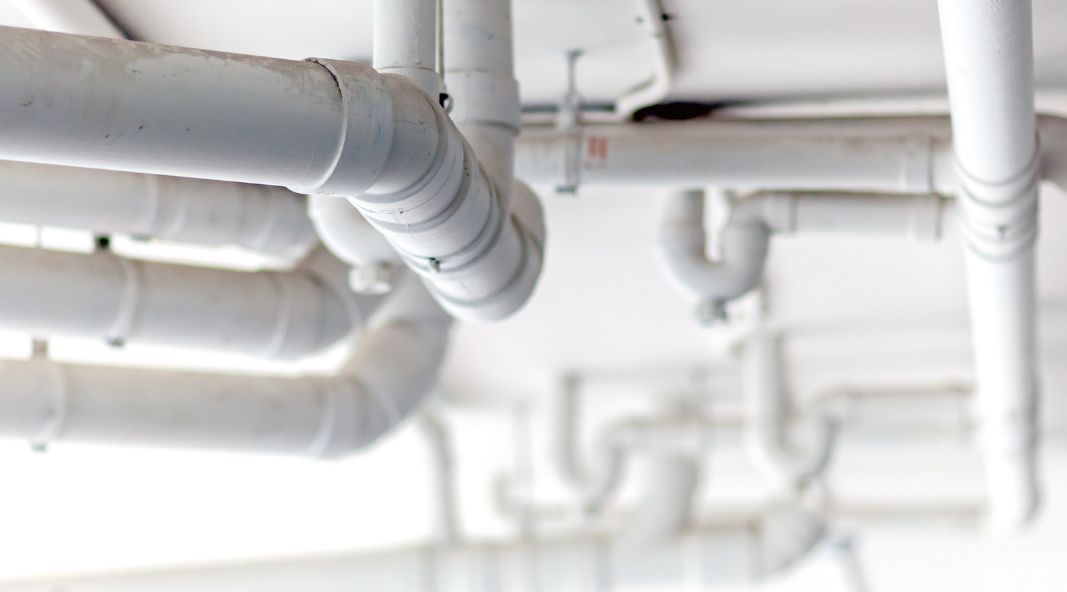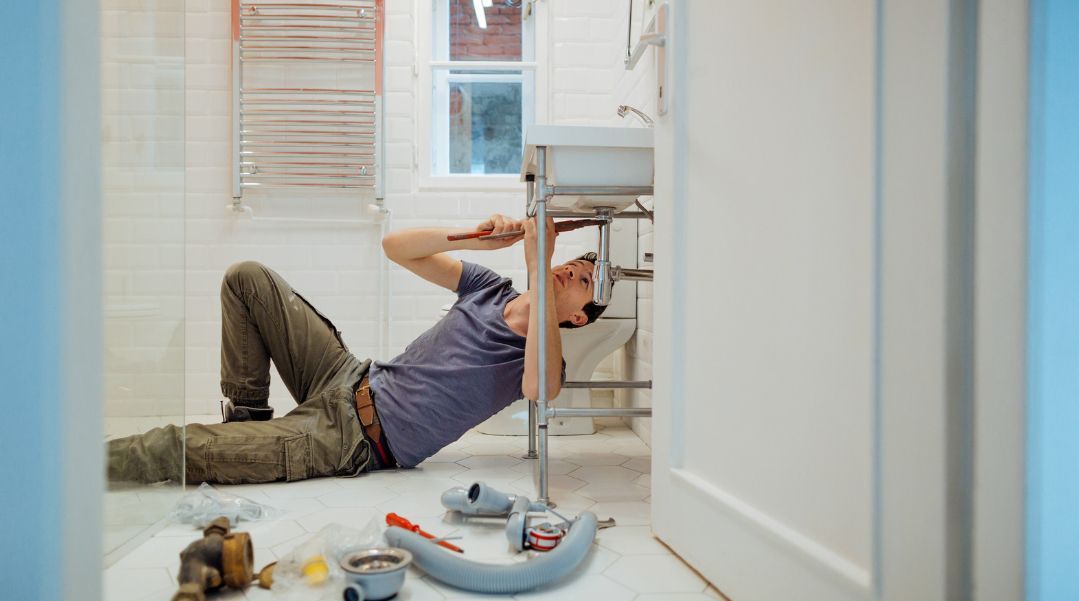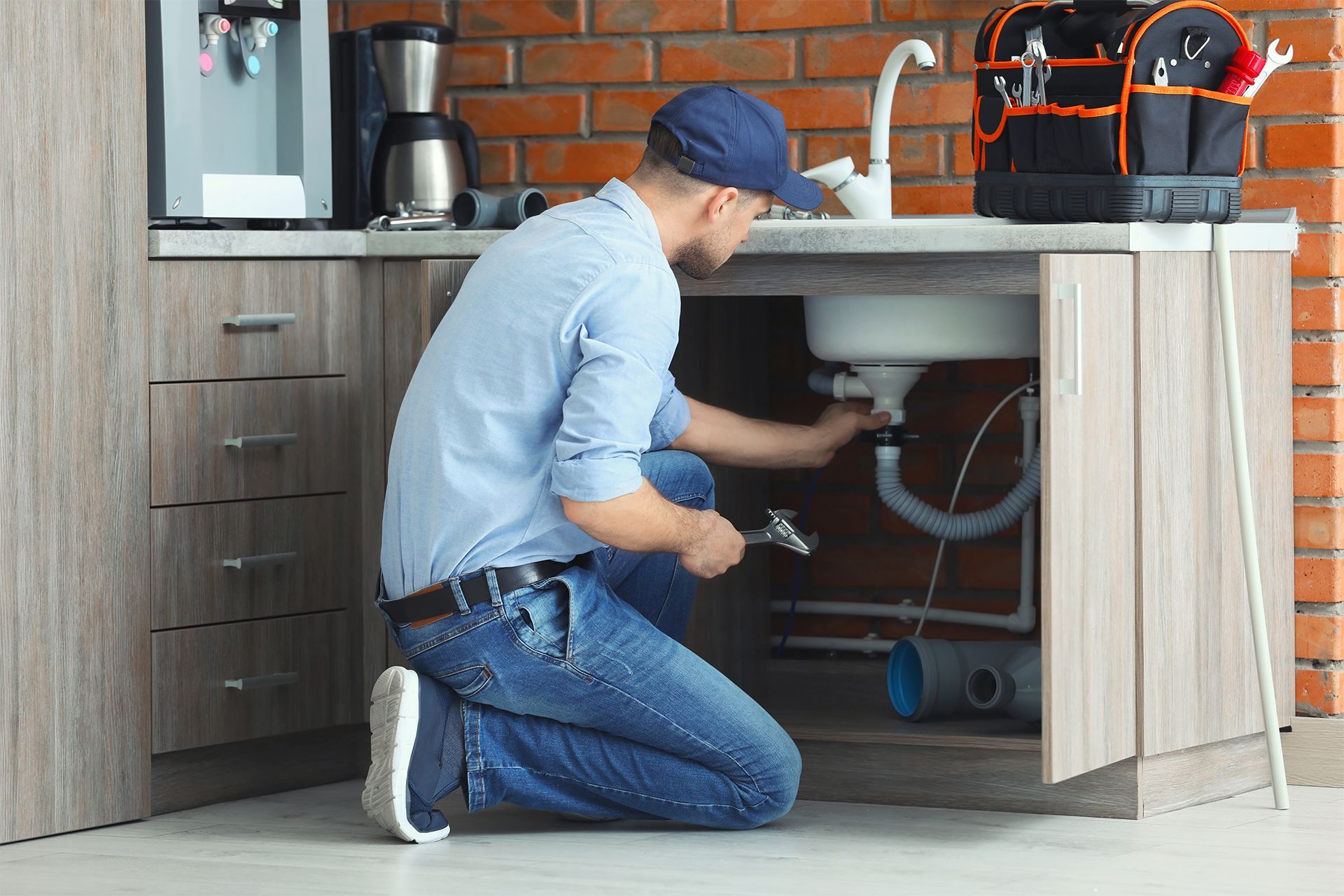Don’t Let Pipe Corrosion Wreck Your Plumbing: Solutions That Work!
Pipe corrosion is a problem that can wreak havoc on any home’s plumbing. Although often invisible and insidious, pipe corrosion can lead to leaks, discoloration, and low water pressure, among other issues. The good news is that there are solutions to these problems, ranging from preventive measures to targeted treatments for existing corrosion. In this article, we’ll dive into the causes and signs of pipe corrosion, explore the latest solutions available to mitigate its effects and hear from experts on the best practices for preventing and addressing corrosion in your home’s plumbing.
What is Pipe Corrosion?
Pipe corrosion is like a silent saboteur in your plumbing system, causing unseen damage that can lead to costly repairs and disruptions. This process involves the deterioration of pipes due to chemical reactions or environmental factors, compromising their structural integrity and functionality if left unchecked.
Types of Pipe Materials Susceptible to Corrosion
Did you know that certain pipe materials can be more prone to corrosion than others, setting the stage for potential plumbing woes? Let’s explore the vulnerabilities of popular pipe materials like copper, galvanized steel, and iron to the insidious effects of corrosion.
- Copper Pipes: Prone to corrosion from acidic water or soil conditions.
- Galvanized Steel Pipes: Vulnerable due to gradually wearing off the protective zinc coating.
- Iron Pipes: Susceptible to rust and degradation, especially in older plumbing systems.
Common Causes of Pipe Corrosion
Pipe corrosion is a common problem that can lead to costly repairs and potential health hazards. Understanding the root causes of corrosion is crucial for implementing preventive measures and ensuring the longevity of your plumbing system. Common Causes of Pipe Corrosion:
- Chemical reactions: The presence of substances like chlorine or minerals in the water can initiate corrosive processes, gradually wearing down the inner surface of the pipes.
- Water acidity: Elevated acidity levels in the water supply can intensify the corrosive effects on the pipes over time, leading to vulnerabilities and potential leaks.
- Age of pipes: Older pipes, particularly those constructed using outdated materials like galvanized steel, are prone to corrosion due to natural wear and tear, eventually compromising the structural integrity of the plumbing system.
Signs of Pipe Corrosion
Detecting early signs of pipe corrosion is essential for addressing potential issues before they escalate. Being vigilant about the warning signals can help homeowners avoid extensive damage and ensure the integrity of their plumbing infrastructure. Signs of pipe corrosion:
- Discolored water: Rusty or brownish water coming from the taps.
- Lower water pressure: Gradual decrease in water pressure within the household.
- Visible corrosion on pipes: Obvious signs of rust or deterioration on the exterior of the pipes.
Preventive Measures
Preventing pipe corrosion is like providing armor for your plumbing system. By implementing proactive measures, you can shield your pipes from the stealthy adversary of corrosion, ensuring the longevity and efficiency of your home’s vital infrastructure.
1. Choosing Corrosion-Resistant Materials
One of the most effective steps in preventing pipe corrosion is to select corrosion-resistant materials for your plumbing system. By doing so, you can extend the lifespan of the pipes and reduce the likelihood of costly repairs down the line.
Here are some key points to consider:
- Benefits of using materials such as PVC and PEX for new installations: PVC (polyvinyl chloride) and PEX (cross-linked polyethylene) are excellent choices for new plumbing installations. PVC pipes are known for durability and resistance to chemical reactions, making them less likely to corrode over time. PEX pipes, on the other hand, have the added advantage of being flexible, making them easier to install in tight spaces and reducing the risk of joint leaks.
- Retrofitting existing plumbing with corrosion-resistant materials: If your older plumbing system already shows signs of corrosion, it’s not too late to take action. Consider upgrading your pipes to corrosion-resistant materials such as copper or stainless steel. These materials are known for their resilience against corrosion and can help prolong the lifespan of your plumbing system.
2. Water Quality Testing and Treatment
Testing the water for acidity and mineral content is paramount when keeping your plumbing in top shape. Understanding the composition of your water is the first step in preventing pipe corrosion and ensuring the longevity of your plumbing system.
Ensuring the high quality of your water involves implementing effective treatment options.
- pH Balancing: Regulating the pH level of your water is crucial. Using chemicals to stabilize its acidity can prevent corrosive damage to your pipes and maintain their durability.
- Corrosion Inhibitors: Applying these compounds can create a protective barrier inside the pipes, shielding them from corrosive elements and extending their lifespan.
By integrating these treatment solutions, you can effectively safeguard your plumbing system and avoid the costly repercussions of pipe corrosion.
3. Regular Maintenance
Implementing a schedule for professional inspections and maintenance is important to keeping your plumbing system in top shape. By entrusting the expertise of trained professionals, you can uncover hidden corrosion, address potential issues early on, and save from costly repairs down the line. Regular maintenance not only protects your pipes from corrosion but also ensures the overall efficiency and functionality of your plumbing system.
DIY Maintenance Tips to Prevent Corrosion Buildup
Taking proactive steps to prevent corrosion buildup is within your reach, giving you an added defense against plumbing woes. Start by incorporating these simple DIY maintenance practices into your routine:
- Keep pipes clean and free from debris to prevent blockages and corrosion.
- Insulate exposed pipes to protect them from extreme temperatures and minimize the risk of corrosion.
- Monitor water pressure regularly, as unusually high pressure can accelerate corrosion.
- Promptly fix any leaks to prevent water accumulation and corrosion.
- Avoid harsh chemical drain cleaners that can corrode pipes, and opt for safer alternatives.
With a combination of professional maintenance and regular DIY practices, you can stay one step ahead in the battle against pipe corrosion, ensuring a healthy and efficient plumbing system for your home.
Solutions for Addressing Pipe Corrosion
Pipe corrosion can wreak havoc on your home plumbing system if not addressed promptly. Luckily, there are various effective solutions available to tackle this issue. Let’s explore some of the most common solutions:
1. Pipe Rehabilitation Techniques
When facing pipe corrosion issues, enlisting the expertise of a professional plumbing can make all the difference in determining the most suitable rehabilitation technique for your plumbing system. With their knowledge and experience, plumbers can assess the extent of corrosion and recommend the best solution, whether repiping, relining, or spot repairs, ensuring effective and long-lasting results.
- Repiping: Complete replacement of old corroded pipes with new ones. This long-term solution ensures the integrity of your entire plumbing system.
- Relining: Insert a new lining into the existing pipes to create a smooth and corrosion-resistant inner surface. This cost-effective solution eliminates the need for extensive pipe replacement.
- Spot Repair: Repairing small corroded areas or leaks in pipes through targeted patching or sealing. This solution is suitable for cases where corrosion is limited to specific sections of the plumbing system.
2. Anti-Corrosion Coatings and Linings
When it comes to combating existing corrosion in pipes, anti-corrosion coatings and linings play a significant role in providing a protective barrier against further deterioration, extending the lifespan of your pipes and enhancing their resilience.
Coatings and Linings Advantages:
- Epoxy Coatings: Create a durable protective layer on the inside of pipes, sealing off corrosion and preventing leaks.
- Polyurethane Linings: Ideal for areas with high abrasion or chemical exposure, safeguarding pipes from corrosion-related damage.
- Cementitious Coatings: Provide a robust defense against corrosion while offering excellent adhesion for long-term protection.
3. Water Filtration and Treatment Systems
To combat existing corrosion caused by corrosive elements in your water supply, consider installing water filtration and treatment systems to eliminate these harmful contaminants, thereby safeguarding your plumbing from further damage.
Filtration and Treatment Options:
- Reverse Osmosis Systems: Filter out impurities and corrosive elements, enhancing water quality and protecting pipes from corrosion.
- Water Softeners: Remove minerals that contribute to scaling and corrosion, promoting a healthier water supply for your plumbing system.
- pH Adjustment Systems: Balance the acidity levels in water to prevent corrosion and preserve the integrity of your pipes in the long run.
4. Hiring Professional Plumbing Services for Effective Solutions
When dealing with pipe corrosion, it is always advisable to seek professional help. An experienced plumber can accurately diagnose the extent of corrosion, recommend the most suitable solution, and ensure proper implementation. Professional plumbing services not only provide effective solutions but also ensure the long term health and functionality of your entire plumbing system.
Final Thoughts
The wear and tear caused by pipe corrosion cannot be understated—it can wreak havoc on your plumbing system and lead to costly repairs. By addressing pipe corrosion promptly, you can prevent leaks, clogs, and even potential health hazards in your home. Taking proactive steps, like regular inspections and maintenance, can go a long way in preserving the integrity of your pipes and ensuring the smooth functioning of your plumbing system.
For personalized advice on preventing pipe corrosion and maintaining a healthy plumbing system, don’t hesitate to reach out to Showtime Plumbing LLC. Our team is ready to guide you through the best preventive measures for your needs. Remember, a small investment in proactive maintenance today can save you from plumbing headaches down the line. Contact us today to schedule a consultation and keep your home’s plumbing in top shape!
